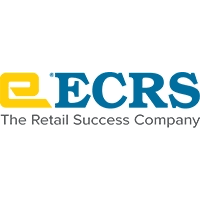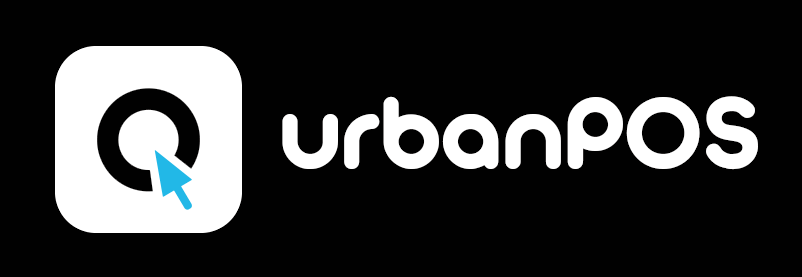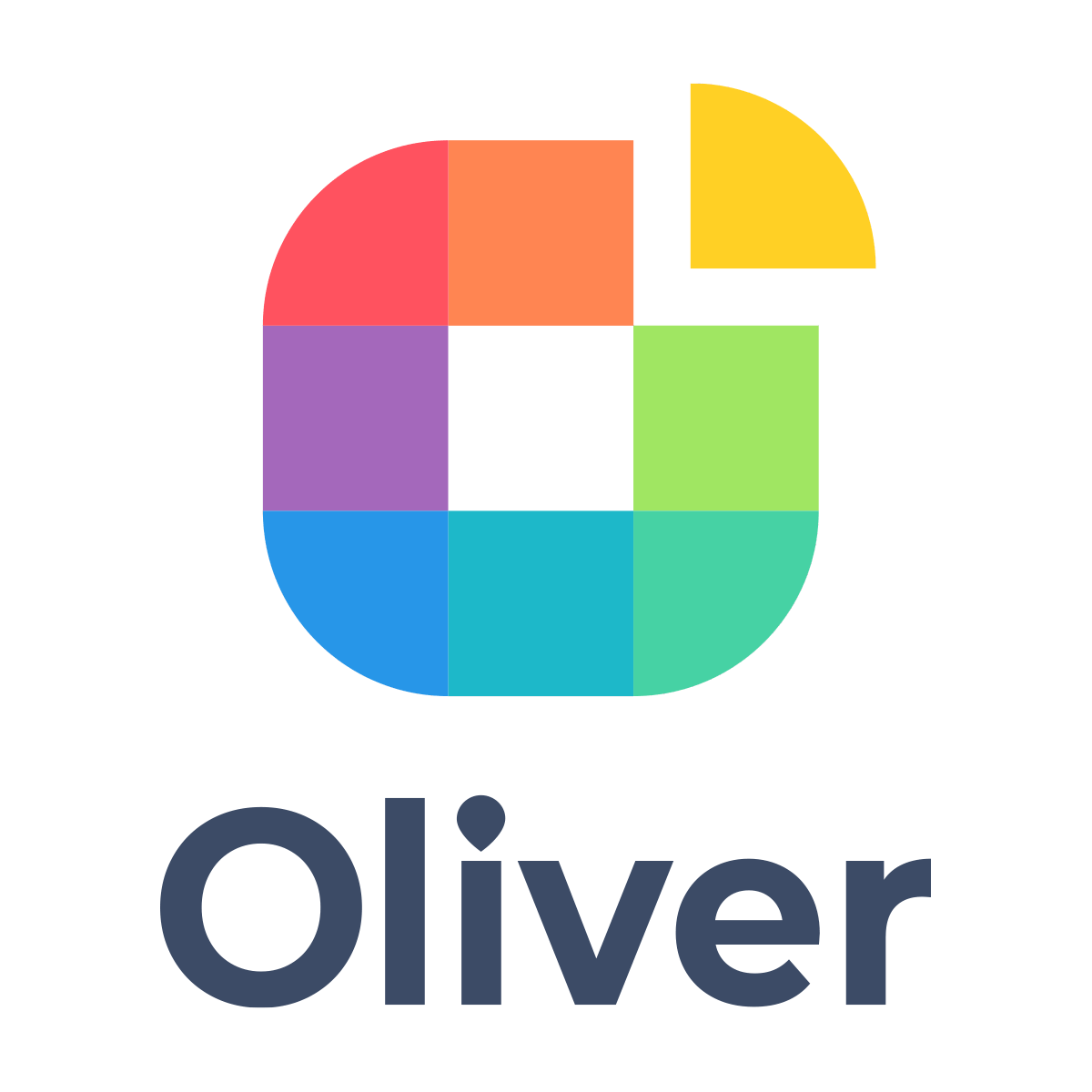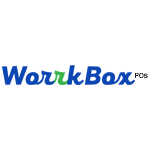Description

ECRS

urbanPOS
Comprehensive Overview: ECRS vs urbanPOS
ECRS and urbanPOS are both companies offering point-of-sale (POS) systems, but they have different focuses and market approaches. Here’s an overview:
ECRS (Electronic Cash Register Systems)
a) Primary Functions and Target Markets:
- Primary Functions:
- ECRS provides comprehensive front-to-back retail automation solutions, including POS, inventory management, employee management, consumer engagement, and analytics.
- They have a strong focus on creating a seamless and efficient transaction experience both for customers and for businesses.
- Target Markets:
- Their primary market includes grocery stores, co-ops, natural retailers, pharmacies, and convenience stores. ECRS targets businesses looking for a highly integrated system that incorporates various operational aspects into one cohesive platform.
b) Market Share and User Base:
- ECRS has made significant inroads in the retail POS market, particularly in the sectors mentioned above. Their market share, although not as large as some of the bigger players like Square or Shopify, is significant in niche markets.
- ECRS tends to have a loyal customer base among medium to large-sized enterprises that require specialized retail solutions and more control over inventory and supply chain processes.
c) Key Differentiating Factors:
- ECRS offers a modular design allowing businesses to add features as needed, integrated analytics, and robust inventory solutions.
- The company is known for its commitment to customer service and support, providing dedicated teams for implementation and troubleshooting.
urbanPOS
a) Primary Functions and Target Markets:
- Primary Functions:
- urbanPOS develops POS solutions with features such as fast transaction processing, mobile compatibility, integration with loyalty programs, and data analytics.
- The system is designed to be user-friendly with an emphasis on swift customer service and easy integration with existing business operations.
- Target Markets:
- Target markets for urbanPOS include retail chains, restaurants, and service-based businesses. They particularly focus on urban retail environments and businesses that benefit from mobile solutions and digital payment methods.
b) Market Share and User Base:
- urbanPOS generally caters to a broad market, aiming at small to medium-sized businesses in urban areas. Their market share is competitive, especially among retailers that prioritize ease of use and mobile capabilities.
- User base growth is driven by their deployment in rapidly expanding retail environments, particularly in metropolitan areas where mobility and quick service are crucial.
c) Key Differentiating Factors:
- urbanPOS emphasizes sleek design and usability, making it attractive for modern retail environments.
- They offer strong mobile point-of-sale solutions, appealing to businesses that need flexibility and mobility.
- Integration capabilities with digital wallets and contemporary payment systems are a significant focus, positioning them well in tech-savvy markets.
Comparative Analysis:
- Market Focus: ECRS focuses heavily on creating an all-in-one solution with substantial backend integration for large retailers, while urbanPOS targets businesses in urban settings that prioritize speed and modern payment methods.
- Technology & Usability: urbanPOS often appeals more to businesses requiring mobile solutions and easy-to-use interfaces, whereas ECRS appeals to businesses needing comprehensive inventory and systems integration.
- Service Model: ECRS’s service model emphasizes intensive customer support and tailored solutions, while urbanPOS often centers on scalability and adaptability to different urban business requirements.
Both systems have their unique strengths tailored toward different business needs, which shapes their respective market share and customer targets.
Contact Info

Year founded :
1940
Not Available
Not Available
Not Available
Not Available

Year founded :
2018
//02/499.02.00
Not Available
India
http://www.linkedin.com/company/urbanpos-restomaxpartner
Feature Similarity Breakdown: ECRS, urbanPOS
When it comes to ECRS (Electronic Cash Register System) and UrbanPOS, both are systems designed to manage retail operations, typically POS (point of sale) systems. Here's a breakdown of their features, comparing core functionalities, user interfaces, and unique aspects.
a) Core Features in Common
-
Sales Transactions Management: Both systems handle basic sales functions like ringing up sales, processing refunds and exchanges, and applying discounts.
-
Inventory Management: These systems offer tools for tracking inventory levels, managing stock, and providing reorder notifications.
-
Customer Management: Features for managing customer data, tracking purchase histories, and supporting loyalty programs are typically included.
-
Reporting and Analytics: Both provide reporting tools that give insights into sales performance, inventory levels, and customer behavior.
-
Payment Processing: Integration with various payment processing systems is a core component, supporting credit and debit cards, mobile payments, and more.
-
Security Features: Ensure secure transactions with data encryption and role-based user permissions.
b) User Interface Comparison
-
ECRS: Known for its flexible and intuitive interface, often with a focus on speed and efficiency. It typically offers customizable interfaces that can be tailored to the specific workflow requirements of different retailers.
-
UrbanPOS: Tends to emphasize modern design with an easy-to-navigate menu system, focusing on providing a seamless user experience. It often features touchscreen compatibility and responsive layouts suitable for various device types.
Overall, while both systems prioritize user-friendliness, ECRS might provide more customization options to fit unique business needs, whereas UrbanPOS might lean towards a contemporary and straightforward interface.
c) Unique Features
-
ECRS:
- Catapult® System: ECRS often markets its comprehensive retail automation system under the Catapult brand, which can offer enhanced features such as self-checkout options and kiosk integration.
- Advanced Loyalty Programs: May provide more sophisticated tools for creating and managing loyalty programs in a way that's highly integrated into their point-of-sale operations.
-
UrbanPOS:
- Advanced Analytics Tools: Could offer more advanced analytics capabilities out-of-the-box compared to other POS systems, providing deeper insights into customer behaviors and retail trends.
- Cloud-Based Accessibility: While many systems are moving towards cloud solutions, UrbanPOS might excel in offering robust cloud synchronization and remote access functionalities.
By understanding these comparative elements, businesses can better assess which system aligns more closely with their specific operational needs and long-term strategic goals.
Features

Inventory Management
Sales Reporting
Employee Management
Customer Relationship Management

Sales Management
Inventory Control
Employee Management
Payment Integration
Customer Engagement
Best Fit Use Cases: ECRS, urbanPOS
ECRS (Epicor Cloud Retail Solution) and urbanPOS are both point-of-sale (POS) systems tailored for specific business needs and environments. Here's how each can be effectively used:
a) ECRS:
Best Fit Use Cases
-
Retail Chains: ECRS is particularly well-suited for large retail chains that require a robust, scalable system capable of handling high volumes of transactions and inventory management across multiple locations.
-
Grocery Stores and Supermarkets: With features like scale integration, complex pricing structures, and inventory management, ECRS efficiently supports grocery stores, supermarkets, and natural food stores.
-
Stores Seeking Integrated Solutions: If a business needs an integrated solution that combines POS, back-office, and e-commerce functions, ECRS offers a comprehensive suite of features including loyalty programs, analytics, and supply chain management.
Industry Vertical and Company Sizes:
-
Verticals: ECRS is ideal for grocery, specialty food, health and wellness, and convenience stores.
-
Company Sizes: Designed to support medium to large businesses, ECRS can cater to companies with various store locations and elaborate supply chain needs.
b) urbanPOS:
Preferred Scenarios
-
Urban Retail Environments: urbanPOS is optimal for small to medium-sized retail businesses in urban settings where quick and flexible transactions are essential.
-
Boutiques and Specialty Stores: Its flexibility and ease of use make urbanPOS ideal for boutiques, specialty retailers, and small franchise operations that need a straightforward solution without unnecessary complexity.
-
Retailers Focused on Customer Experience: urbanPOS can support businesses looking to enhance customer engagement and streamline the checkout process with intuitive, user-friendly interfaces.
Industry Vertical and Company Sizes:
-
Verticals: Suitable for fashion, gift shops, cafes, and other businesses in urban retail sectors.
-
Company Sizes: Primarily aimed at small and medium-sized businesses, urbanPOS offers a cost-effective, manageable solution for retailers looking to maintain a competitive edge in metropolitan markets.
Conclusion:
ECRS and urbanPOS cater to different business demands through their specialized features and scalability. ECRS is better suited for larger enterprises with complex operational requirements, whereas urbanPOS targets smaller, urban-focused businesses seeking simplicity and efficiency in their POS operations.
Pricing

Pricing Not Available

Pricing Not Available
Metrics History
Metrics History
Comparing undefined across companies
Conclusion & Final Verdict: ECRS vs urbanPOS
To provide a conclusion and final verdict for ECRS and urbanPOS, it's important to first analyze the key features, benefits, and drawbacks of each Point of Sale (POS) system. Without specific details on the functionality, cost, support, and user feedback for each product, I'll provide a general framework to help you assess which product might offer the best overall value.
a) Considering all factors, which product offers the best overall value?
Overall Value Assessment:
- The best overall value will depend on the specific needs and priorities of your business. For instance, if ECRS offers better integration with existing systems and a lower cost of ownership over time, it might be the better choice for value-driven businesses. On the other hand, if urbanPOS is known for its advanced features, user-friendly interface, and robust customer support, it could offer higher value for businesses focusing on service quality and user experience.
b) Pros and Cons of Choosing Each Product
ECRS:
Pros:
- Integration: Often praised for seamless integration with various retail systems and back-end solutions.
- Reliability: Known for robust and reliable hardware, ideal for high-volume environments.
- Customization: Offers extensive customization options to tailor the system to specific business needs.
Cons:
- Complexity: May require more time to set up and learn, especially for businesses new to comprehensive POS solutions.
- Cost: Potentially higher upfront costs compared to simpler or more basic systems.
urbanPOS:
Pros:
- User-Friendly: Typically designed with an intuitive interface, beneficial for quick staff training and onboarding.
- Innovative Features: Often incorporates cutting-edge technology and features, like mobile integration or advanced analytics.
- Support: Frequently recognized for strong customer support and after-sales service.
Cons:
- Scalability Issues: May not be as scalable for larger retail operations or rapidly growing businesses.
- Compatibility: Possible limitations in compatibility with existing infrastructure, depending on current systems.
c) Specific Recommendations for Users Choosing Between ECRS and urbanPOS
-
Assess Business Needs:
- Determine the scale of your operations, the need for advanced features, and the importance of system integration.
-
Budget Considerations:
- Evaluate both upfront and long-term costs. Consider the total cost of ownership, including potential hidden costs such as training and upgrades.
-
Test Each System:
- Engage in demo sessions or trial periods offered by both providers to see which system aligns more closely with your workflows.
-
Seek User Feedback:
- Look for reviews or case studies from businesses similar to yours to gauge user satisfaction and system performance in real-world settings.
-
Future Proofing:
- Consider the future trajectory of your business and which system will grow with you. Evaluate how each system handles updates and new technology integration.
By carefully evaluating these factors, you can make a more informed decision between ECRS and urbanPOS, ensuring that the chosen POS system aligns with both your immediate needs and long-term business goals.
Add to compare
Add similar companies




